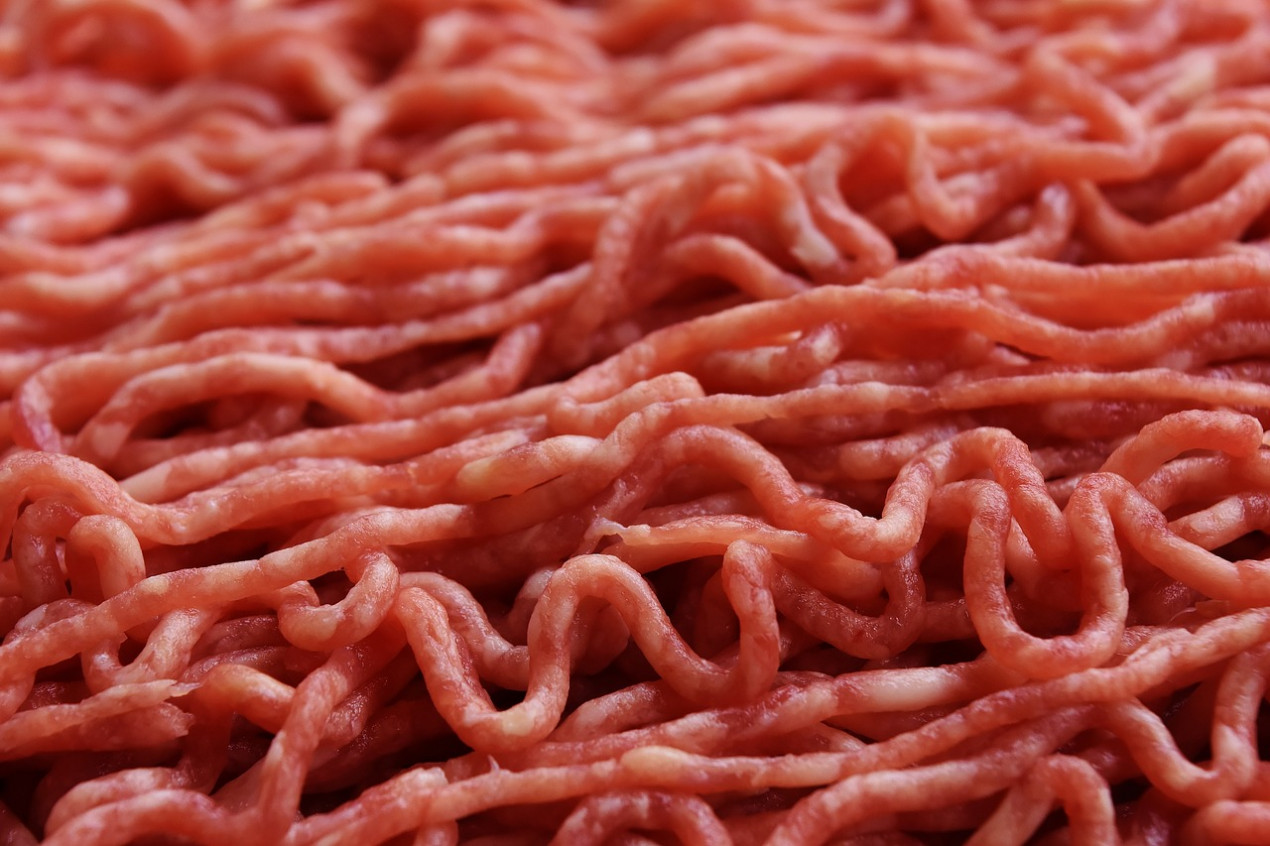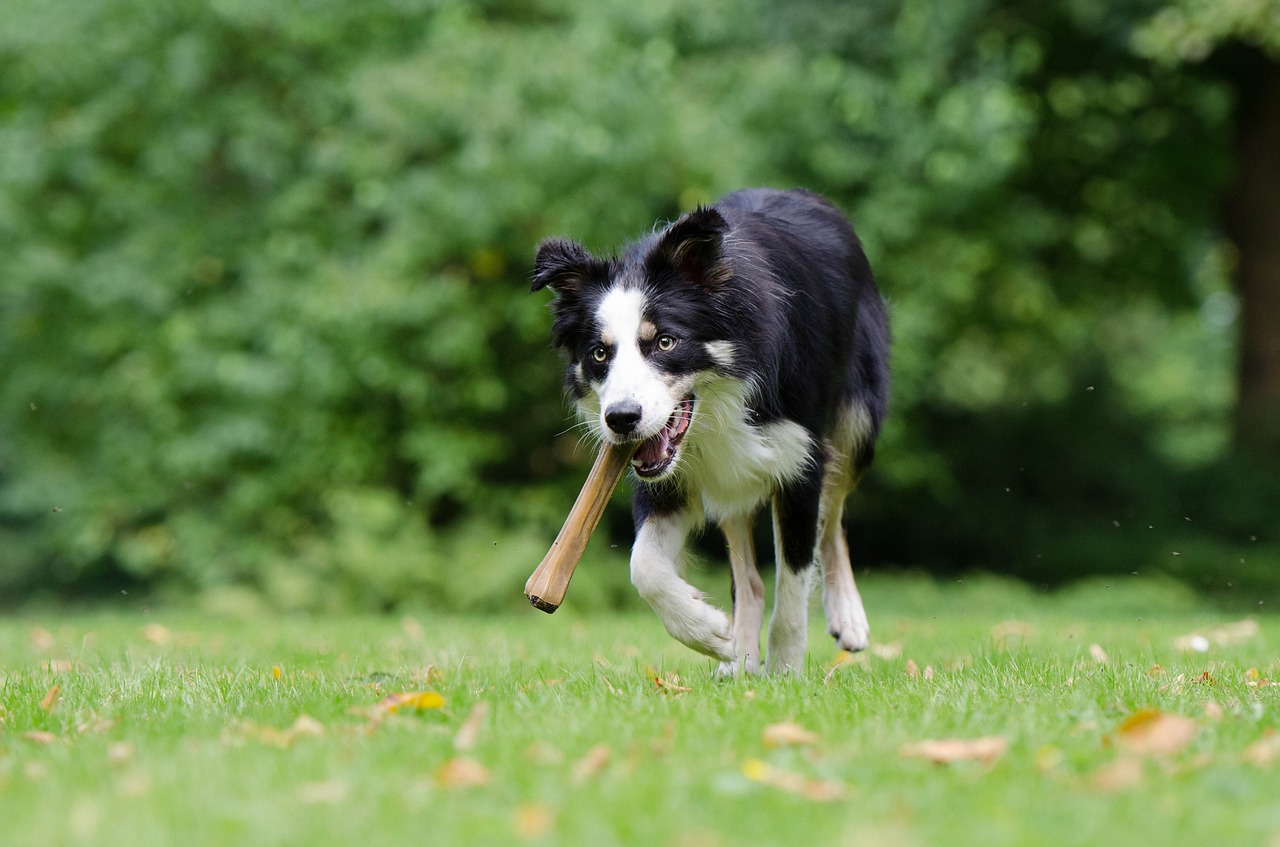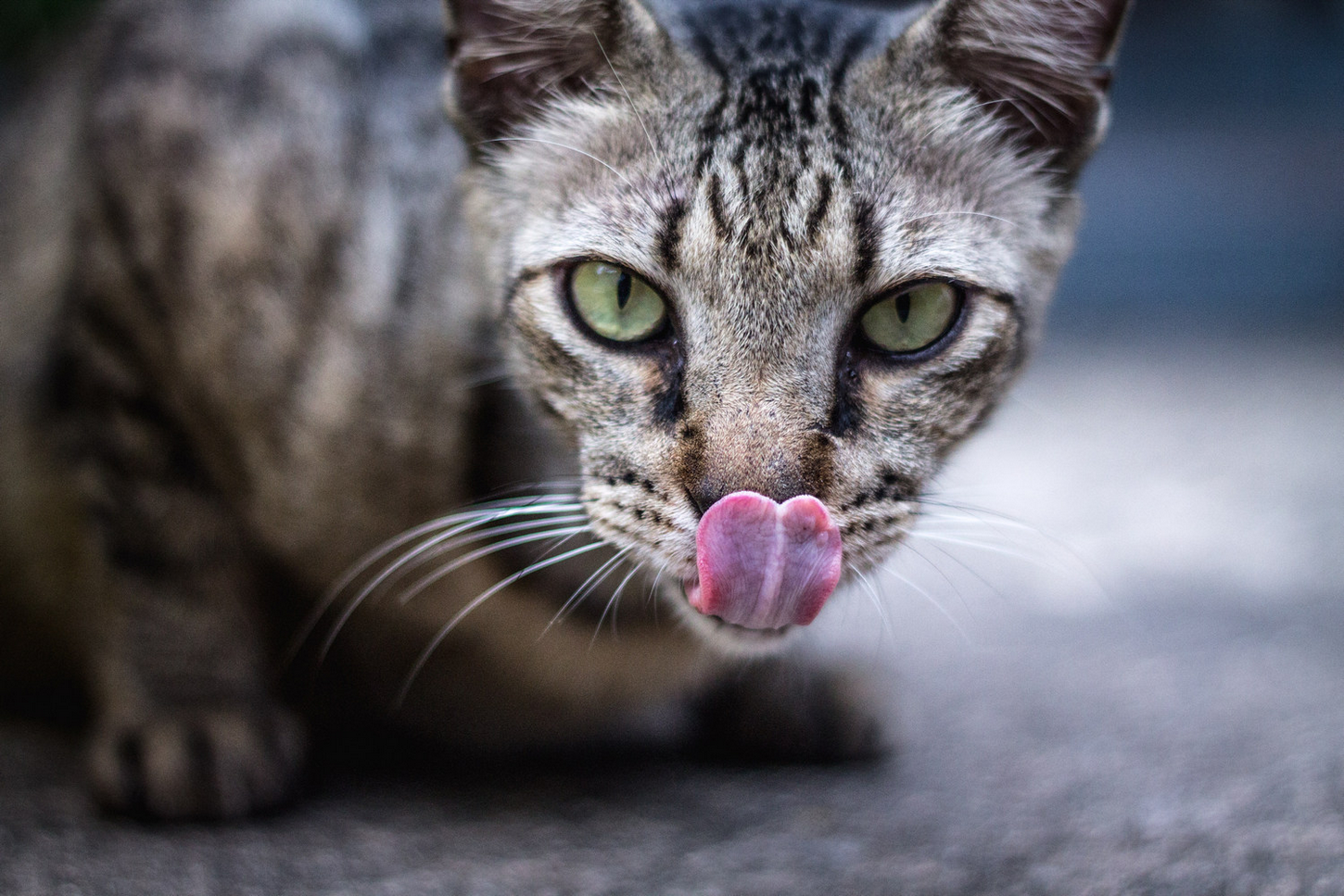
Studies show diet presents infection risk to pets and humans
FEEDING dogs and cats a diet made up of bones and raw meat has been gaining popularity among some pet owners for years.
They argue it provides a fresher, more wholesome alternative to standard commercial pet food.
But leading emergency vets are warning those considering getting in on the act to tread carefully.
Although there is a lack of research to evaluate the risks and benefits of bone and raw meat diets, there is evidence to suggest there are potential health implications for both pets and humans if owners do decide to go down this path.

‘We would urge caution’
Amanda Boag, group referrals director for IVC, Vets Now’s parent company, said: “While this is a decision for individual pet owners, we would urge caution.
“It’s very unlikely that a raw food diet will be nutritionally balanced – to achieve this, you would need to feed your pet all the pieces of an animal including their liver, heart, lungs and bones as well as supplements. In addition, feeding pets bones can put them at risk of gastrointestinal damage.
“I have witnessed dogs dying after getting septic peritonitis from being fed a bone that then leads to perforation of their gut.
“Feeding raw meat also has other risks. Freezing doesn’t kill all the bacteria associated with raw meat, such as salmonella and campylobacter, and these can cause severe illness in pets and humans.
“Salmonellosis, the infection found in pets caused by salmonella, is also zoonotic, which means it can be transmitted from pets to humans.”
One “critical review” paper, published in the Canadian Veterinary Journal, looked at the academic literature that addresses the nutritional benefits, infectious disease risks, and public health implications of raw, meat-based pet diets.
It found “strong evidence that raw food can contain salmonella” and that “standard methods of cleaning food bowls” are not particularly effective at eliminating the bug.
It concluded that there is also compelling evidence to suggest raw food diets are limited nutritionally and that raw food poses a “substantial risk” of infectious disease to pets and humans.
The paper also called on vets to discuss the human health implications of raw meat-based diets with pet owners.
Do you have a plan in place for a pet emergency?

‘Owners should be counselled on the risks.’
Another paper, published in the Journal of the American Veterinary Medical Association, analysed current knowledge of raw meat-based diets for dogs and cats.
It said more studies into the risks and benefits were needed to “provide information that will allow a better understanding of the long-term health” effects.
“Owners that elect to feed a commercial or home-prepared raw meat and bone diet should be counselled on the risks to themselves and their pets as a result of this feeding strategy,” the authors concluded.
“It is also important to be aware that there is wide variation in quality-control standards among manufacturers of raw or cooked commercial pet foods.”
Vets Now is open through the night, seven-days-a-week, and day and night and on weekends and bank holidays such as Easter, to treat any pet emergencies that may occur.
